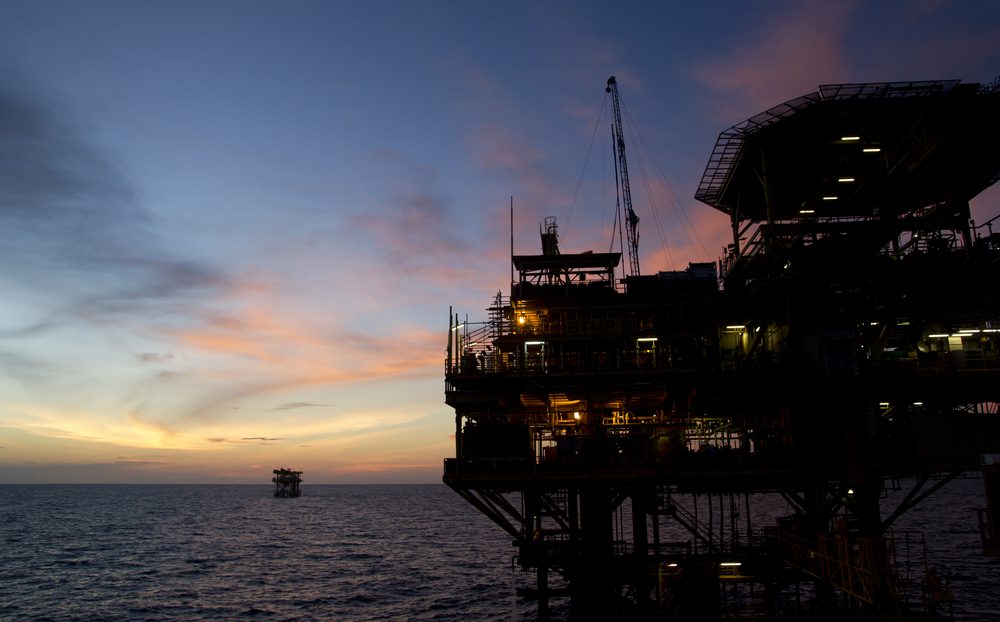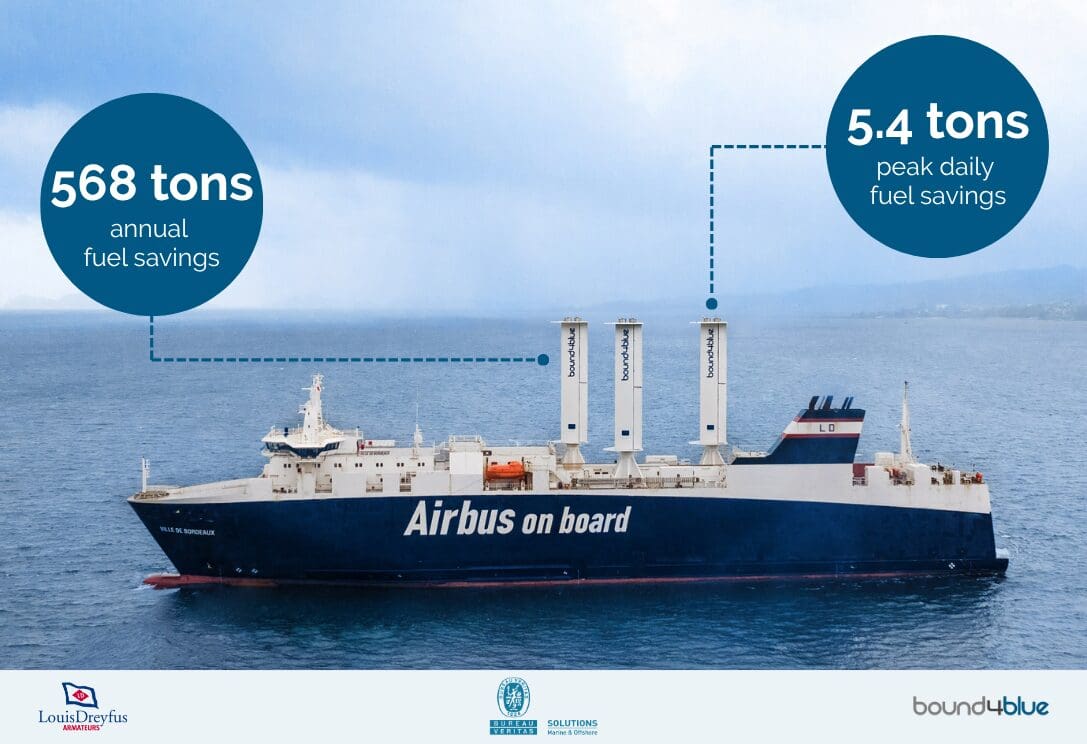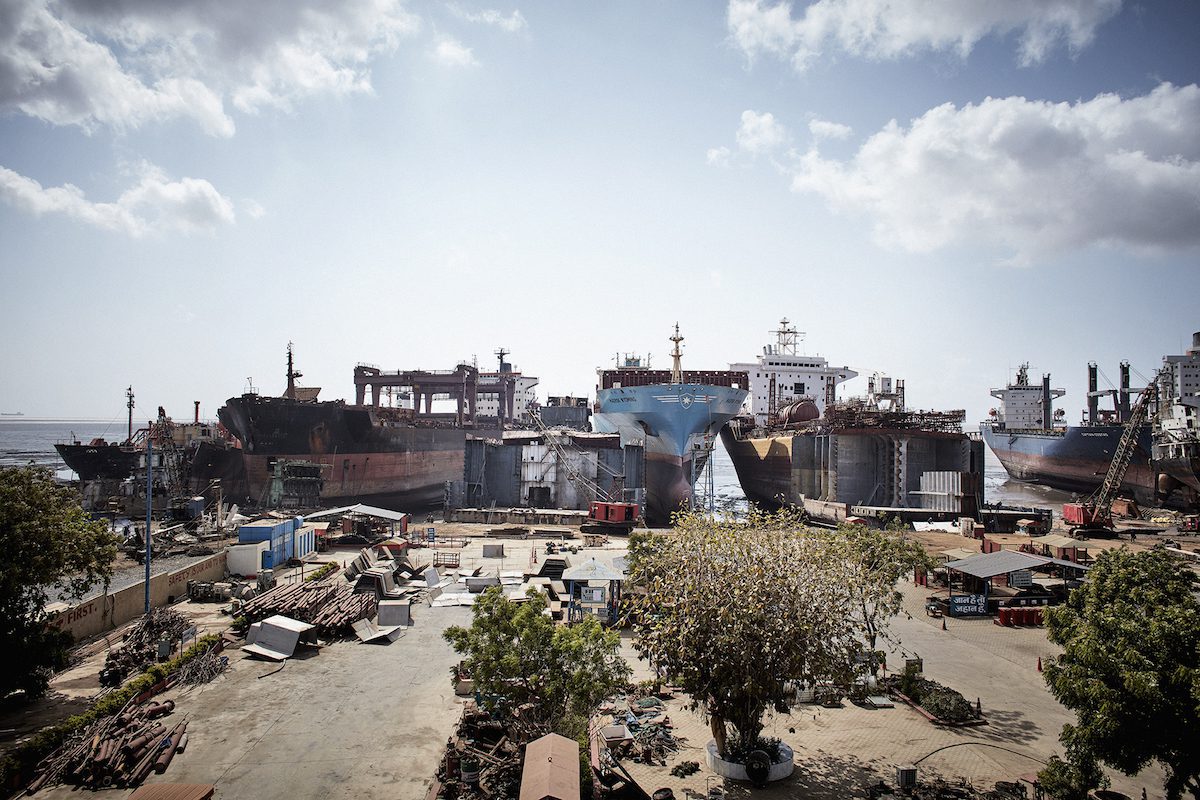Finnish technology group Wärtsilä has signed a contract with Norwegian shipowner Eidesvik Offshore to convert the offshore platform supply vessel (PSV) ‘Viking Energy’ to operate on ammonia fuel.
The vessel, currently under contract to Norwegian energy major Equinor, is set for conversion in early 2026. It’s expected to begin operating on ammonia in the first half of that year, making it the world’s first ammonia-fuelled ship in active service.
Wärtsilä will supply the engine, complete fuel gas supply system, and exhaust after-treatment needed for the conversion.
The initiative comes as the shipping industry seeks more sustainable fuel options to meet new global regulations aiming for net-zero emissions by mid-century. The conversion is expected to cut emissions from Viking Energy by at least 70 percent.
Equinor and Eidesvik Offshore have collaborated on environmental technology for Viking Energy for over two decades. When delivered in 2003, the vessel became the world’s first LNG-fuelled platform supply vessel. It also earned the world’s first “Battery Power” notation for its Wärtsilä-installed battery system.
“In just 25 years – the lifetime of a single vessel – shipping needs to get to net zero emissions. Achieving this will require coordinated action by all maritime industry stakeholders to bring about the system change needed to accept a new generation of sustainable fuels,” said Håkan Agnevall, President and CEO of Wärtsilä.
Equinor will not only use the vessel in operations but also contribute significantly to funding its conversion to ammonia operation. The project will receive €5 million in support through the EU Horizon Europe programme.
“We have an ambition to halve the maritime emissions associated with our Norwegian operations by 2030. With this contract, we will, in collaboration with Eidesvik Offshore, employ a new low-emission technology. We strongly believe in the use of ammonia as a fuel on our supply vessels,” says Ørjan Kvelvane, Equinor’s senior vice president for joint operations support.
“The offshore fleet on the NCS is ageing and needs renewal. Investing in new technology is expensive, and there are many uncertainties. At the same time, scaling up the use of operational technology to enable the necessary transformation is urgent. Cooperation with the authorities and competent suppliers on phasing in recent technology is essential to achieving the emission targets we have set,” added Kvelvane.
Wärtsilä will carry out the necessary conversion and installation of the new engine, complete fuel gas supply system, and exhaust after-treatment in 2026. Wärtsilä’s comprehensive package for the Viking Energy conversion includes the Wärtsilä 25 Ammonia engine, AmmoniaPac Fuel Gas Supply System, Ammonia Release Mitigation System (WARMS), and a specialized selective catalytic reduction (SCR) system. The deal also encompasses a maintenance service agreement.
“Close collaboration throughout the value chain is key to succeed in the green transition. Eidesvik has a unique history of pioneering the implementation of innovative emission-reducing technologies, and we are proud to spearhead yet another groundbreaking project together with Wärtsilä and Equinor,” said Gitte Gard Talmo, CEO & President of Eidesvik Offshore.

 Join The Club
Join The Club










